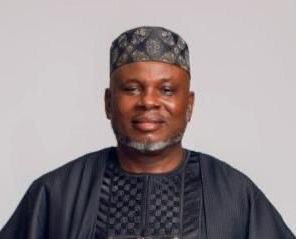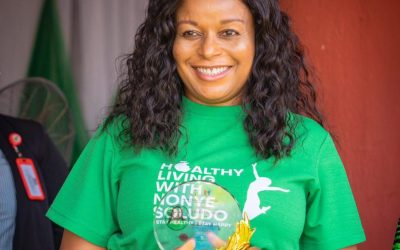Police arrest Ex-Akwa Ibom LG Chairman for allegedly stealing N.4m
Elder Imoh Okon, immediate past Chairman of Uyo Local Government Council, Akwa Ibom is currently cooling his feet in a police cell at the ‘A’ Division Police Station, Barracks Road over the sum of N420,000.00 (N.4m) allegedly withdrawn fraudulently by the Ex-Chairman from a secret Internally Generated Revenue account of the Council said to have…





